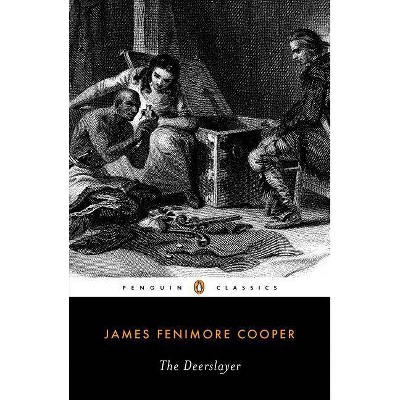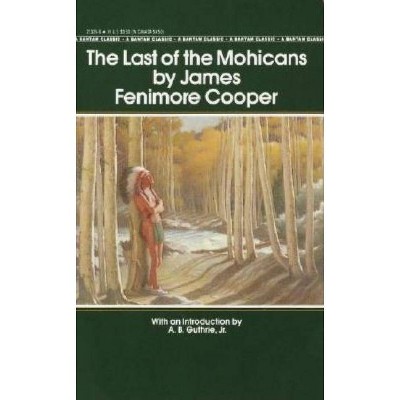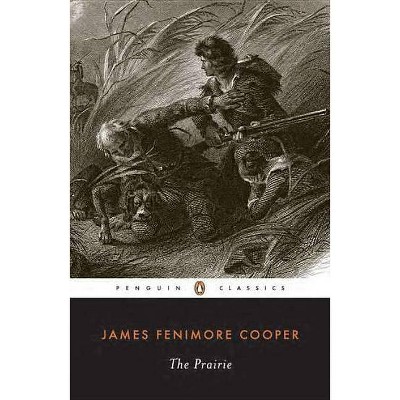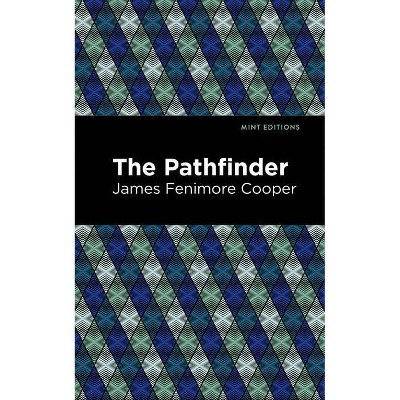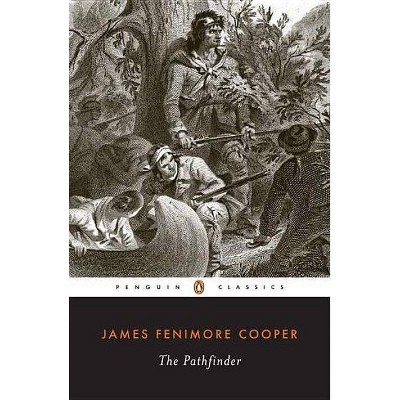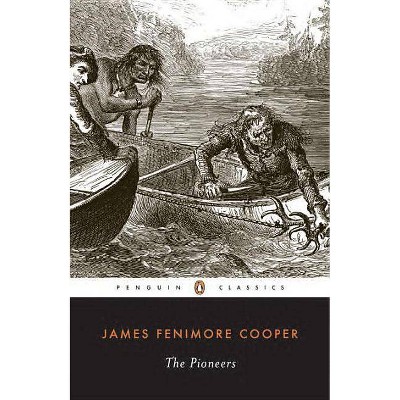The Spy - (Penguin Classics) by James Fenimore Cooper (Paperback)
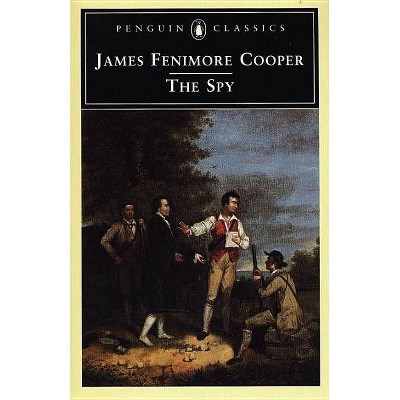
Similar Products
Products of same category from the store
AllProduct info
<p/><br></br><p><b> About the Book </b></p></br></br>Written in 1821, "The Spy" was intended to preserve both the memory and the meaning of the American Revolution. Inspired by accusations of venality leveled at the men who captured Major Andre (Benedict Arnold's co-conspirator who was executed for espionage in 1780), the novel centers on Harry Birch, a common man wrongly suspected by the Patriots of being a spy for the British.<p/><br></br><p><b> Book Synopsis </b></p></br></br>A historical adventure reminiscent of Sir Walter Scott's Waverley romances, Cooper's novel centers on Harvey Birch, a common man wrongly suspected of being a spy for the British. <p/>For more than seventy years, Penguin has been the leading publisher of classic literature in the English-speaking world. With more than 1,700 titles, Penguin Classics represents a global bookshelf of the best works throughout history and across genres and disciplines. Readers trust the series to provide authoritative texts enhanced by introductions and notes by distinguished scholars and contemporary authors, as well as up-to-date translations by award-winning translators.<br><p/><br></br><p><b> From the Back Cover </b></p></br></br>Inspired by accusations of venality leveled at the men who captured Major Andre (Benedict Arnold's co-conspirator, executed for espionage in 1780), Cooper's novel centers on Harry Birch, a common man wrongly suspected by well-born Patriots of being a spy for the British. Even George Washington, who supports Birch, misreads the man, and when Washington offers him payment for information vital to the Patriot's cause, Birch scorns the money and asserts that his action were motivated not by financial reward, but by his devotion to the fight for independence. A historical adventure tale reminiscent of Sir Walter Scott's Waverley novels, The Spy is also a parable of the American experience, a reminder that the nation's survival, like its Revolution, depends on judging people by their actions, not their class or reputations.<p/><br></br><p><b> About the Author </b></p></br></br><b>James Fenimore Cooper</b> (1789-1851) grew up at Otsego Hall, his father's manorial estate near Lake Otsego in upstate New York. Educated at Yale, he spent five years at sea, as a foremast hand and then as a midshipman in the navy. At thirty he was suddenly plunged into a literary career when his wife challenged his claim that he could write a better book that the English novel he was reading to her. The result was <b>Precaution</b> (1820), a novel of manners. His second book, <b>The Spy</b> (1821), was an immediate success, and with <b>The Pioneers</b> (1823) he began his series of Leatherstocking Tales. By 1826 when <b>The Last of the Mohicans</b> appeared, his standing as a major novelist was clearly established. From 1826 to 1833 Cooper and his family lived and traveled in France, Switzerland, Italy, and Germany. Two of his most successful works, <b>The Prairie</b> and <b>The Red Rover</b>, were published in 1827. He returned to Otsego Hall in 1834, and after a series of relatively unsuccessful books of essays, travel sketches, and history, he returned to fiction - and to Leatherstocking - with <b>The Pathfinder</b> (1840) and <b>The Deerslayer</b> (1841). In his last decade he faced declining popularity brought on in part by his waspish attacks on critics and political opponents. Just before his death in 1851 an edition of his works led to a reappraisal of his fiction and somewhat restored his reputation as the first of American writers.
Price History
Price Archive shows prices from various stores, lets you see history and find the cheapest. There is no actual sale on the website. For all support, inquiry and suggestion messagescommunication@pricearchive.us
